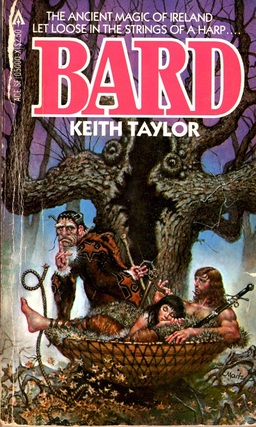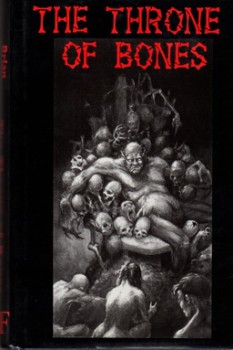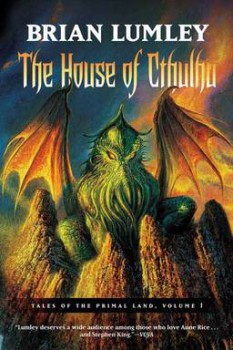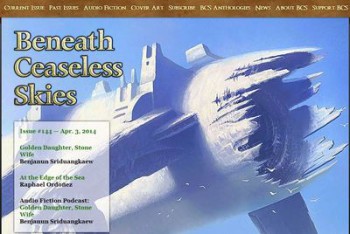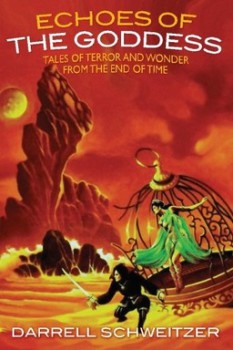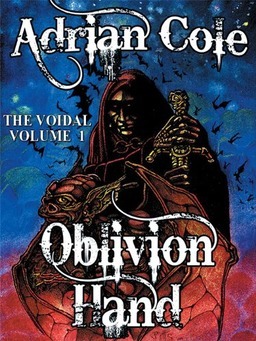To The Dark Tower He Came: Warlock of the Witch World by Andre Norton
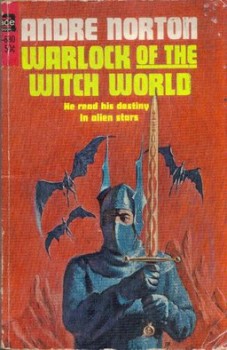 In my previous reviews of Andre Norton’s Year of the Unicorn and Three Against the Witch World, I wrote how exciting it was to discover that a series I had long overlooked was so much fun. I am happy to report that with Warlock of the Witch World (1967), things get even better.
In my previous reviews of Andre Norton’s Year of the Unicorn and Three Against the Witch World, I wrote how exciting it was to discover that a series I had long overlooked was so much fun. I am happy to report that with Warlock of the Witch World (1967), things get even better.
In Science Fiction and Fantasy, edited by Reginald, Menville, and Burgess, Andre Norton wrote that “the background of most of [Witch World] is based on Celtic and early English folklore. Warlock of the Witch World is a retelling of “Childe Roland.” In the original Scottish ballad, the children of the queen are playing ball. When the daughter, Burd Ellen, dances widershins around the church, she vanishes. Her four brothers learn she has been taken prisoner by the King of Elfland. One by one, her brothers set off to save her, each disappearing in turn until only the youngest brother remains. Armed with a magic sword, he undertakes the quest — his siblings’ last hope.
In Three Against the Witch World, the three children of the dimensionally transported American, Simon Tregarth, and a Witch of Estcarp, Jaelithe, have escaped their homeland to the hidden land of Escore. There, the arrival of the triplets — warrior Kyllan, scholar Kemoc, and witch Kaththea — reawakened dark forces long asleep and reignited a war between the forces of Shadow and Light. By the end of the book, the stage for a final confrontation was being set. Allies for the armies of Light were being sought and marshaled in the magically protected Valley of Green Silences.
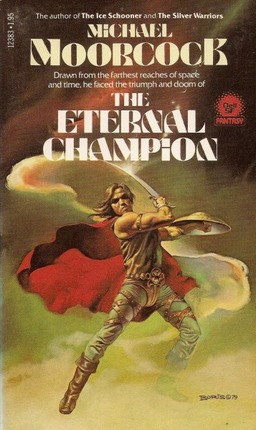
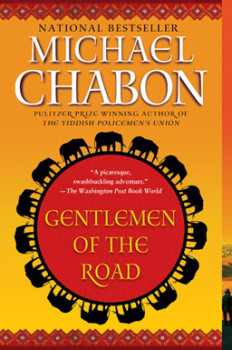 In 2002,
In 2002, 
